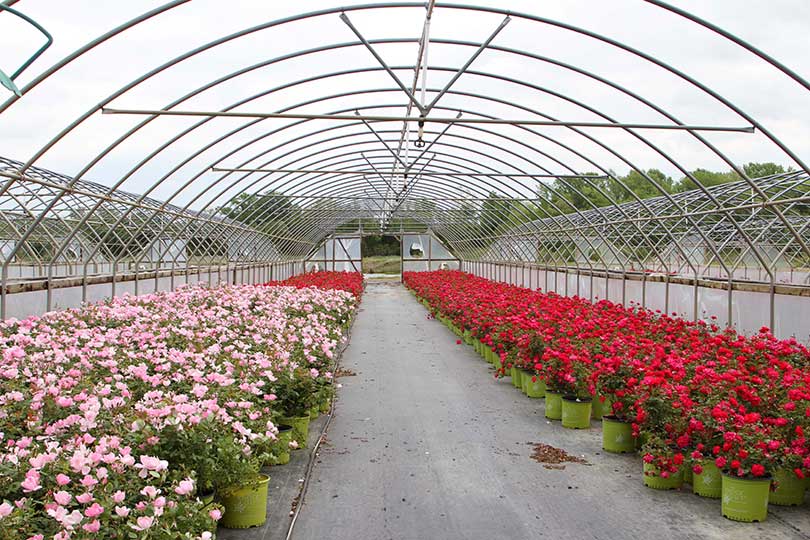By Julie Tomascik
Associate Editor
The cost of doing business in agriculture seems to face ever-growing increases. But Texas Farm Bureau (TFB) members recently took a stance against one of those rising costs.
TFB State Director Mark Chamblee and Smith County Farm Bureau board member Bob Cartwright successfully fought a rule proposed by the Texas Department of Agriculture (TDA) that would increase the Phytosanitary Certification fees.
In order to ship to pest-free areas, that certificate ensures phytosanitary inspections have been conducted and the plant products and their packaging have been found to be pest-free. And it cost growers $30 to inspect a shipment, which could include unlimited plants and plant products.
The measure proposed a significant increase—$35 for the visit to inspect and an additional $35 per shipment. It was a proposal that would negatively impact their businesses.
“This past year, our TDA inspector visited our nursery 14 times and wrote 170 Phytosanitary Certificates for a cost of $420,” Cartwright wrote in comments he submitted to the agency. “Under the new proposed increase, our cost will be $490 for inspections and $5,460 for additional certifications for a total of $5,950.”
“We would have to pass those additional costs on to our customers, and no one would be willing to pay that,” Chamblee said. “That would allow our competition in other states to ship products to our customers without an exorbitant fee. It would be devastating to our livelihood.”
Cartwright shared those concerns.
“The increases would place a financial hardship on smaller nurseries and mail-order businesses. It would become too costly to do business,” he said.
After several comments were filed, TDA reduced the fee to $35 for the initial visit and $10 per plant product in the shipment if growers used the USDA’s Phytosanitary Certificate Issuance Tracking System online.
But that wasn’t enough.
So Chamblee and Cartwright made phone calls to their elected officials.
“Representative Matt Schaefer and newly-elected Senator Bryan Hughes were instrumental. We contacted them and they wrote a letter to Commissioner Miller,” Chamblee said.
The letter was also signed by 26 other legislators.
“While TDA has the authority to promulgate reasonable fee increases, it was never the intent of the legislature to allow TDA to apply fees to small businesses that will be so cost-prohibitive as to force these companies to stop selling their goods out of state,” the letter said. “If we really want the nation to ‘Go Texan,’ we must ensure that government does not force businesses that are so vital to our communities to close up shop because of TDA fees.”
In late July, the agency decided to postpone implementation of the proposed rule. But in a letter to Schaefer, Miller said, “Based on communications with the Legislative Budget Board, we believe that the phytosanitary program is headed toward a full cost recovery funded budget, which will make implementation of higher fees necessary.”
In the meantime, growers are working with elected officials to prepare for the upcoming legislative session.
“This was a true grassroots advocacy effort. It was the growers going straight to our representatives, showing them how this would negatively impact us,” Chamblee said. “It worked the way it should by a grassroots effort.”

